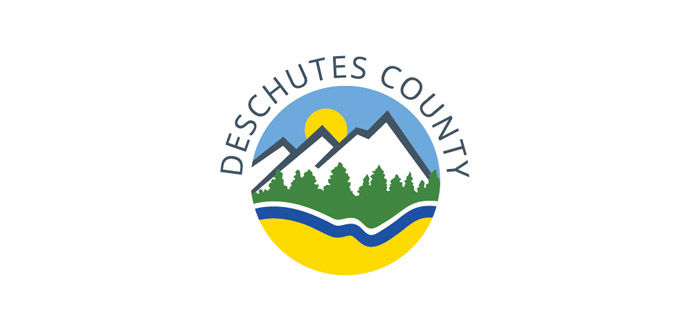When temperatures start reaching the 90s, it becomes more important to take care of yourself, your neighbors and those who may be in vulnerable situations. With the expected spike in temperatures, it’s crucial to know what to do and to be aware of signs of heat-related illnesses. Please keep in mind to continue practicing social distancing measures.
Here are some tips to take care of yourself, those around you and pets during the heatwave.
When it’s hot, you should:
- Drink water and bring extra bottles for yourself and others.
- Drink more water than usual and don’t wait until you are thirsty. Talk to your doctor first if you are on water pills.
- Avoid alcohol and sugary drinks.
- Take a cool shower or bath.
- Use air conditioning or a fan.
- Seek cover or shade.
- Don’t use a fan to blow extremely hot air on yourself, use it to create cross-ventilation.
- Wear lightweight and loose clothing.
- Avoid using your stove or oven.
- Avoid going outside during the hottest part of the day (3-7pm)
- Reach out to local service providers if you need assistance.
- Seek out air-conditioned locations.
Take care of those around you
- Check in on elders and vulnerable neighbors during warm weather — twice a day is best.
- If you see someone who is in a vulnerable situation (unhoused persons without shelter, a young child outside without supervision, a dog left alone in a car) stop, assess the situation and call for help if necessary.
- Never leave a person, child or a pet in a hot car.
- Check regularly on how babies and toddlers, seniors, pregnant people, people taking mental health medications and people with heart disease or high blood pressure are doing. See the symptoms of heat stroke and heat exhaustion.
- Share a fan.
- Invite a friend to a splash pad, movie, mall or museum.
If you must be out in the heat
- Limit your outdoor activity to morning and evening hours.
- Rest often in shady areas.
- Wear a wide-brimmed hat
- Use sunscreen of SPF 15 or higher (the most effective products say “broad spectrum” or “UVA/UVB protection” on their labels) and reapply as directed.
- Consider packing a couple of extra bottles of water, these could be used for you and your family or anyone you see that looks like they could use a cool drink of water.
- Know that the heat index (what the temperature feels like when humidity is involved) plays a role. When sweat isn’t able to evaporate from the body due to high humidity, the body has difficulty regulating its temperature and cooling itself off. This can lead to heat stroke, cramps and exhaustion.
If you have a pet
- Provide plenty of shade and water.
- Never leave them in a car.
- Learn more tips from the Oregon Humane Society.
Deschutes County Health Services encourages all residents to learn the signs and first aid response for heat-related illness. Warning signs and symptoms vary but may include:
Heat Exhaustion
Symptoms
- Heavy sweating
- Weakness
- Skin cold, pale, and clammy
- Weak pulse
- Fainting and vomiting
What You Should Do
- Move to a cooler location.
- Lie down and loosen your clothing.
- Apply cool, wet cloths to as much of your body as possible.
- Sip water.
- If you have vomited and it continues, seek medical attention immediately.
Heat Stroke
Symptoms
- High body temperature above 103°F
- Hot, red, dry or moist skin
- Rapid and strong pulse
- Possible unconsciousness
What You Should Do
- Call 9-1-1 immediately — this is a medical emergency.
- Move the person to a cooler environment.
- Reduce the person’s body temperature with cool cloths or even a bath.
- Do NOT give fluids.



